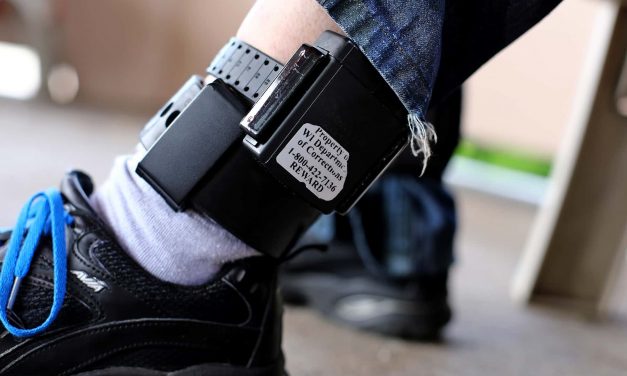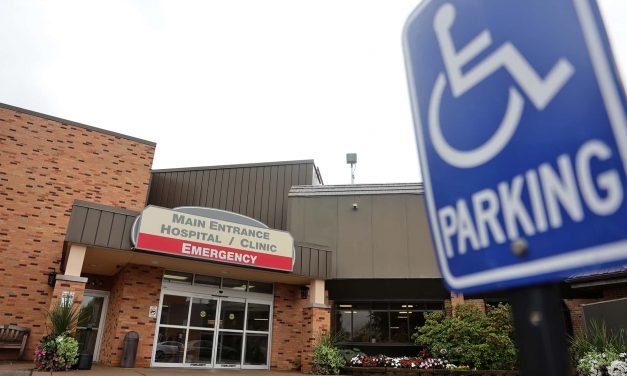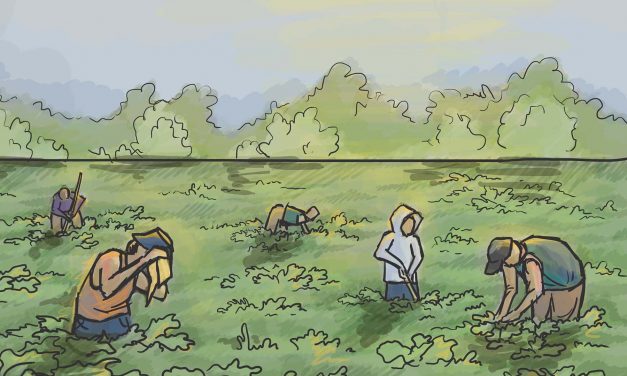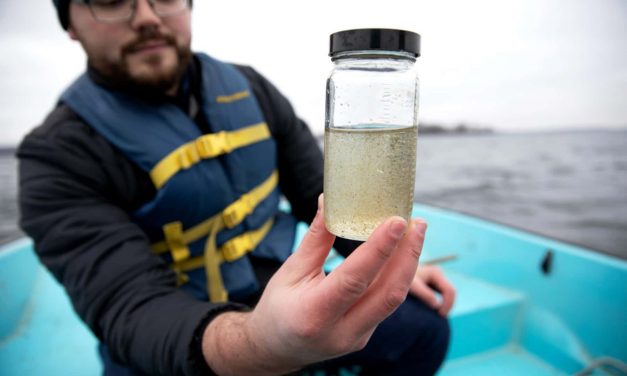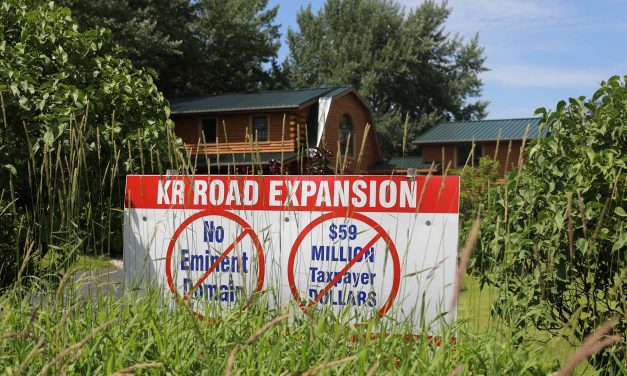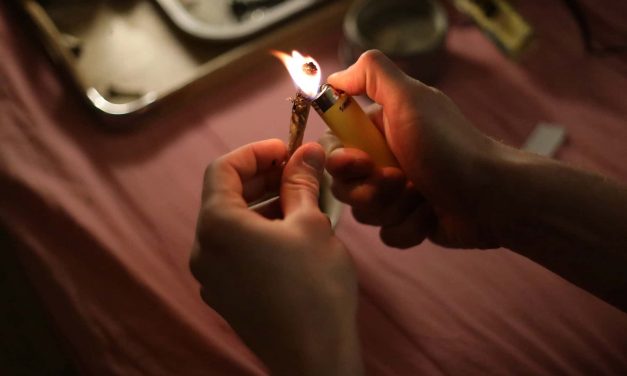Advocates say State’s incarceration fee policy of “pay-to-stay” criminalizes the poor
In 2011, Sean Pugh was arrested for allegedly violating terms of his release from prison. A year and a half into his roughly two-year stay in the Brown County Jail, he realized he owed the county around $17,000 — the result of a $20 daily “pay-to-stay” fee plus fees from previous jail stints. Brown County is one of at least 23 Wisconsin counties that assess “pay-to-stay” fees, which charge inmates for room and board for the time they are incarcerated, according to a Wisconsin Watch survey of county jails. “While most inmates have exploited society in some way, financial...
Read More
